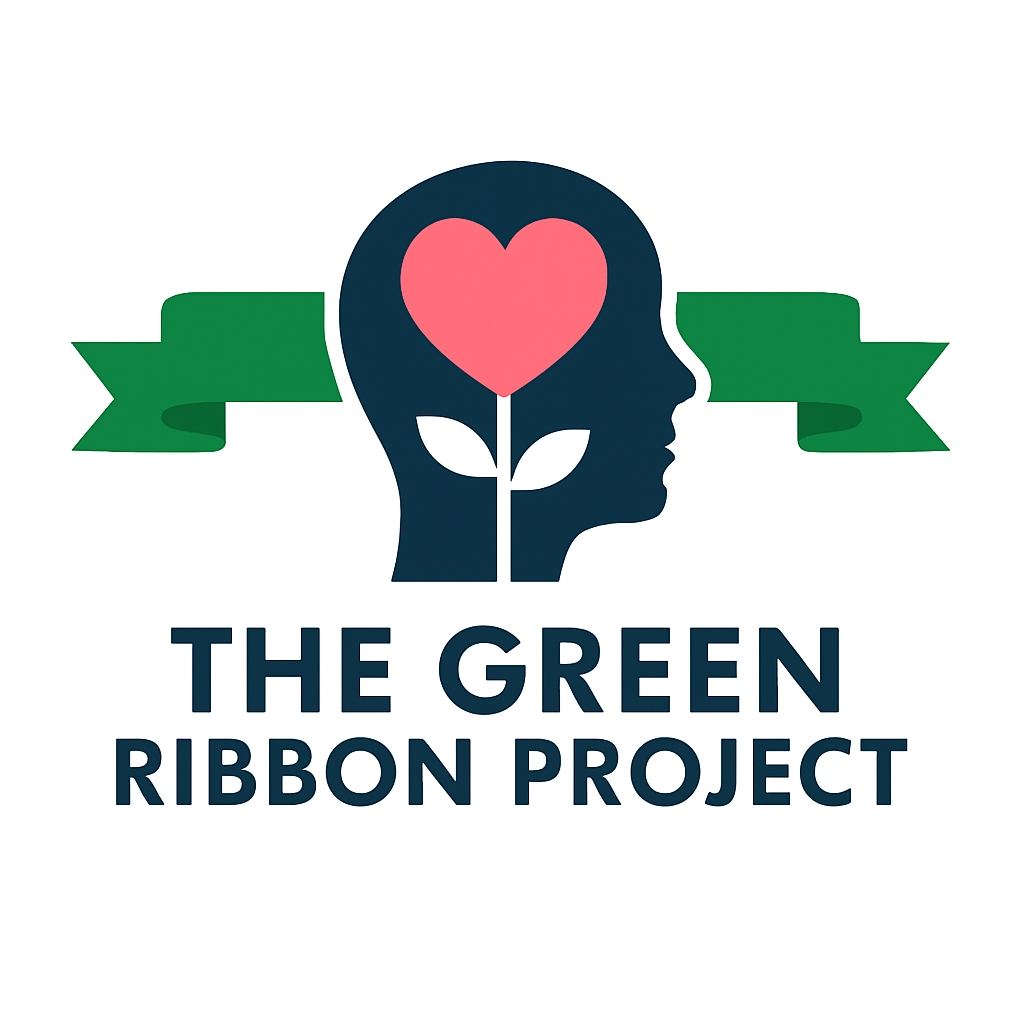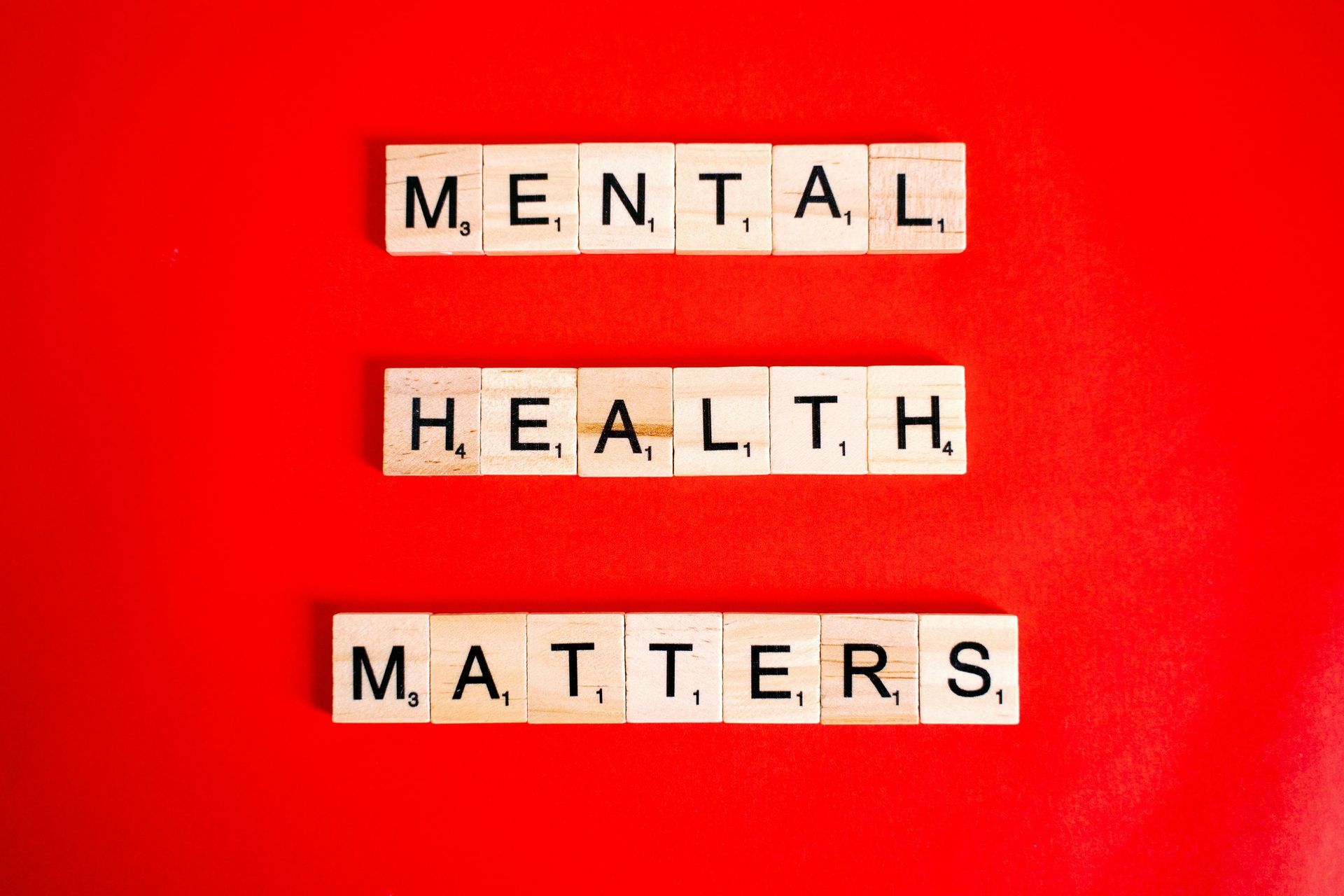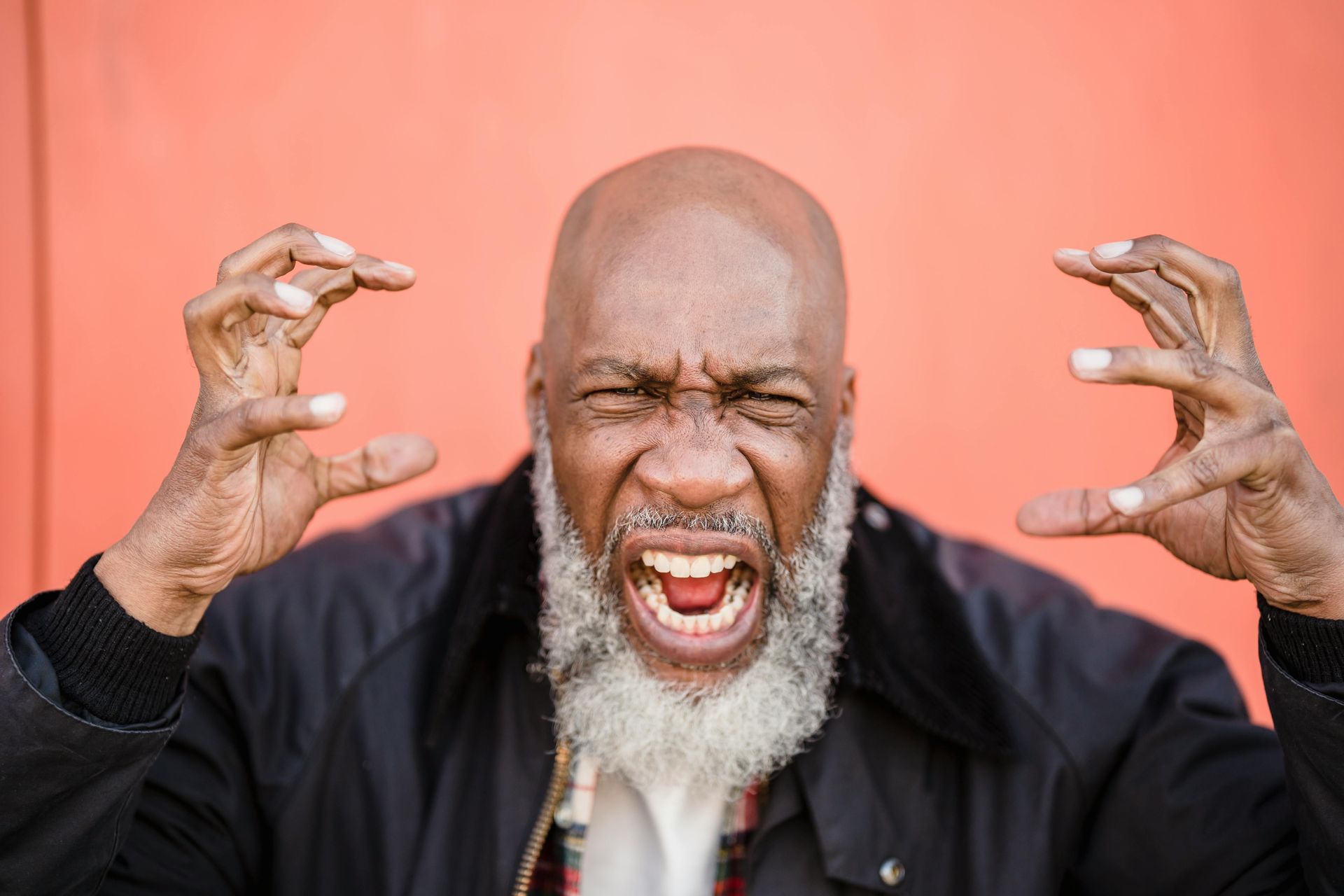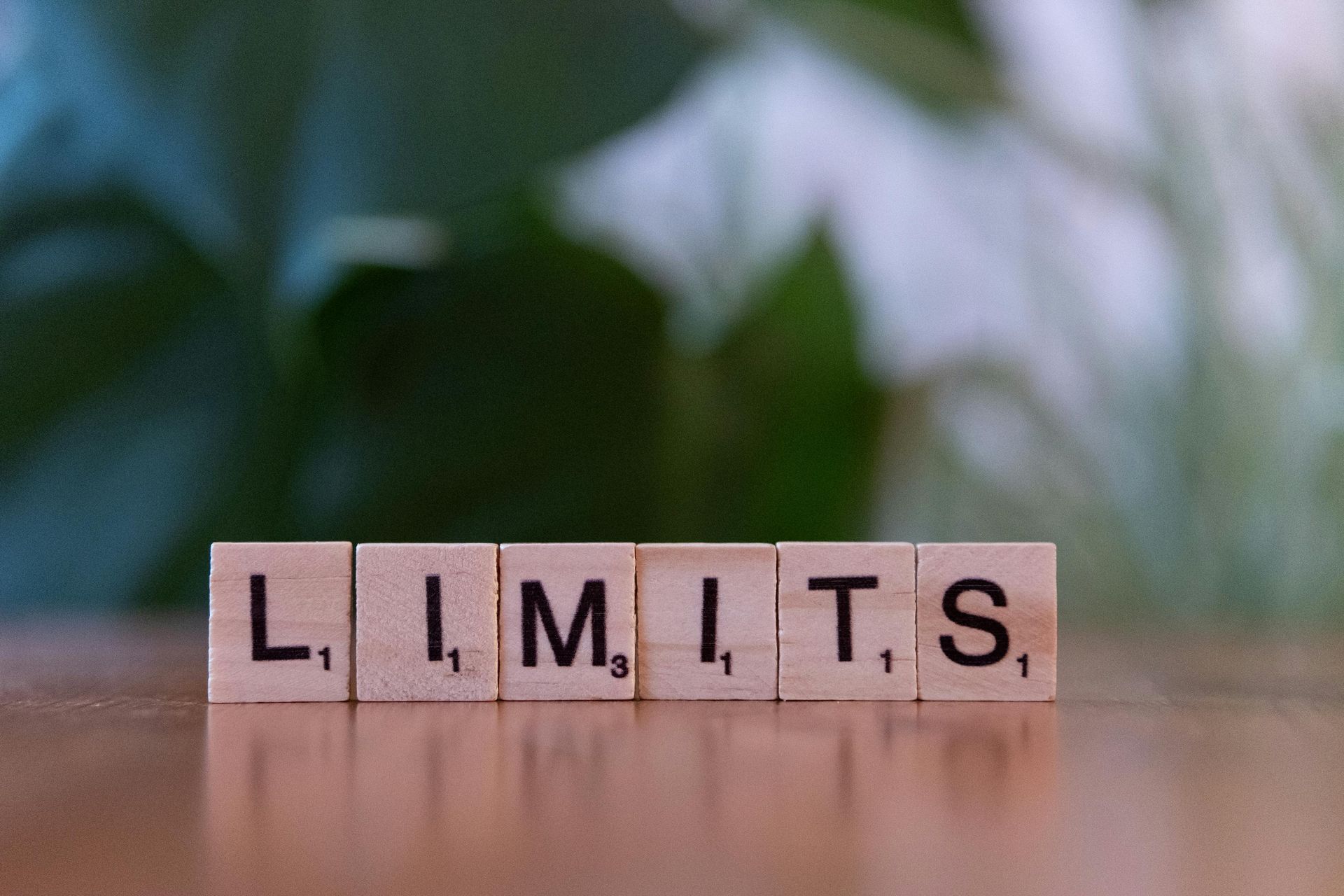Identifying Signs of Emotional Burnout
Disclaimer: The information in this blog is provided for general information and educational purposes only and is not a substitute for professional advice. While every effort has been made to ensure the accuracy and reliability of the content, the author assumes no responsibility or liability for any errors, omissions, or outcomes resulting from the use of this information. Readers should always consult with qualified professionals for any specific questions or concerns. Use of this information is solely at your own risk.

Recognizing and Recovering from Emotional Burnout
Emotional burnout is more than just feeling tired — it’s a deep state of overwhelm and exhaustion that leaves you feeling disconnected from yourself and the things that once brought you purpose. It often builds slowly, the result of long-term stress and trying to meet endless demands without enough rest or support.
There are many causes of emotional burnout, including lack of social support, compassion fatigue, relationship struggles, and ongoing work or academic pressures. Over time, these stressors don’t just impact your emotions — they can affect your physical health, work performance, and relationships with others.
Common Signs of Emotional Burnout
1. Emotional Exhaustion
You might feel constantly drained, “running on empty,” or just off. Motivation fades, tasks feel heavier than usual, and even enjoyable activities may lose their spark. It’s like your emotional battery never quite recharges.
2. Reduced Performance
Burnout often shows up as difficulty concentrating, forgetfulness, or anxiety about getting things done. You may feel more negative or cynical about your responsibilities and notice that your productivity or creativity has slipped.
3. Alienation
When stress builds, you may begin distancing yourself from others — coworkers, friends, or even loved ones. You might feel detached or resentful, and socializing can feel like just another chore.
4. Irritability and Anger
Even small frustrations can set you off. You might notice mood swings, irritability, or snapping at others over things that wouldn’t normally bother you.
5. Physical Symptoms
Your body often carries the weight of burnout. Common symptoms include fatigue, headaches, difficulty sleeping, muscle tension, and stomach issues. These signs are your body’s way of saying, slow down.
Steps Toward Healing
Recognizing burnout early is a powerful act of self-awareness. Once you identify the signs, you can begin taking steps to restore balance and protect your well-being:
- Increase self-awareness: Pay attention to your limits and energy levels. Take note of when you start feeling overstretched.
- Set healthy boundaries: Saying “no” is not selfish — it’s necessary. Protect your time and energy without guilt.
- Prioritize rest and recovery: Schedule downtime the same way you would schedule work. Rest isn’t a reward — it’s part of maintaining your health.
- Foster supportive relationships: Surround yourself with people who listen, validate, and encourage you. You don’t have to carry everything alone.
- Seek professional support: Talking with a counselor or therapist can help you process emotions and learn practical strategies to manage stress.
A Final Thought
Burnout doesn’t mean you’re broken — it means you’ve been strong for too long without enough care in return. By slowing down, setting boundaries, and showing yourself compassion, you can begin to heal and reconnect with the parts of life that make you feel fulfilled and grounded again.



